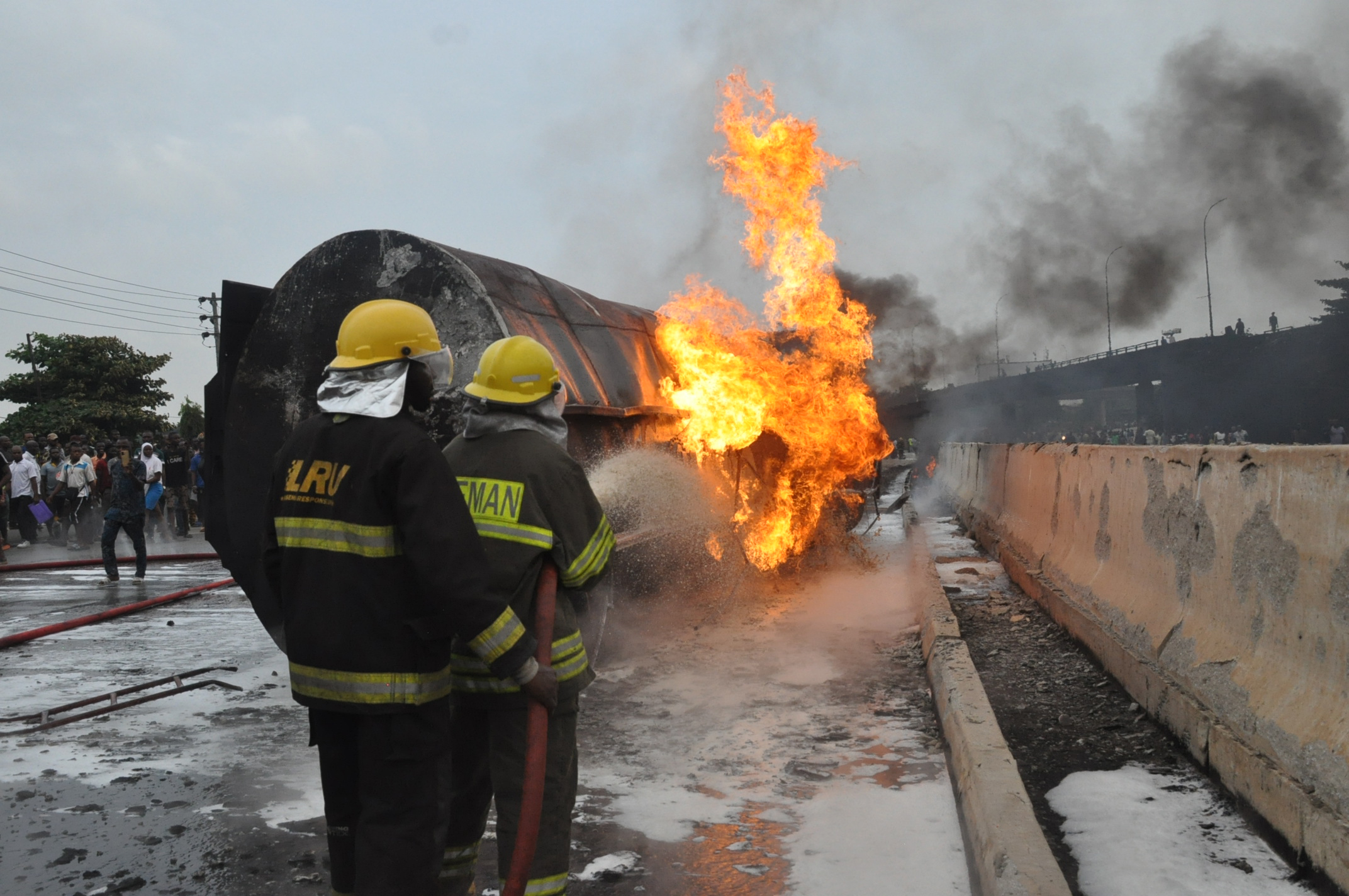Editorial
Whither PH Explosion Report?

It is, indeed, surprising that after several months, the police authorities in Rivers State have yet to release a report or make a statement regarding the attempted dynamite attack at Hotel Presidential in Port Harcourt. This incident, which sent shockwaves throughout the state, was met with a deafening silence from law enforcement officials, leaving many to wonder about the lack of transparency and accountability in the investigation.
On that fateful day, chaos erupted in front of the prestigious hotel as a man detonated a dynamite device. The quick actions of hotel security personnel and bystanders prevented a full disaster, but the incident left a lasting impact on Port Harcourt residents in particular. The news of the attempted attack spread like wildfire, with rumors and speculations running rampant in the absence of an official statement from the authorities.
The absence of communication from the police only serves to fuel the public’s fear and uncertainty. Rivers people were left wondering about the motives behind the attack, the identity of the perpetrator, and whether there was a larger threat looming over the city. The silence from the police only added to the sense of unease and insecurity that gripped individuals in the aftermath of the incident.
In a society where trust in law enforcement is vital for maintaining peace and order, the failure of the police to provide timely and accurate information about such a significant event is deeply concerning. The public has a right to know the details of the investigation, to understand the measures being taken to ensure their safety, and to hold those responsible for the attack accountable for their actions.
The lack of transparency in this case raises serious questions about the effectiveness and integrity of the police authorities in the state. How can the public have faith in a system that fails to communicate openly and honestly about a potential threat to their safety? How can justice be served when critical information is withheld from the very people it is meant to protect?
Hence, the state police commissioner must break his silence and provide Rivers people with a comprehensive report on the attempted dynamite attack at the Presidential Hotel. The state deserves to know the facts surrounding the incident, the progress of the investigation, and the steps being taken to prevent similar threats in the future.
Many are puzzled as to why the police have failed to prosecute supporters of the Federal Capital Territory (FCT) Minister when they are apparently involved in criminal activities, yet they are quick to go after those who support Governor Siminalayi Fubara on what seem to be trumped-up charges. This inconsistency in their actions has created a sense of injustice and favouritism.
The bombing of the Rivers State House of Assembly complex and subsequent arrests and prosecution of Fubara’s followers in far away Abuja highlight a concerning trend of selective prosecution. While individuals like Asa Abuja, a former militant and supporter of the governor, are declared wanted by the state police commissioner for issuing threats, those who carry out attacks on behalf of their political master in Abuja evade accountability.
This raises questions about the impartiality of law enforcement in Rivers State and whether political affiliations play a role in determining who faces consequences for their actions. The lack of prosecution for some individuals while others face charges suggests a troubling absence of consistency and fairness in the application of justice.
The failure of the police to charge the suspect responsible for the dynamite explosion has emboldened criminals to carry out further attacks, such as the recent one on the Action People’s Party (APP) Secretariat. Valuable property was destroyed in the onslaught, causing financial losses and emotional distress to the party members. The Police must remain non-partisan in the political crisis and rise up to its constitutional responsibilities to Rivers people.
The question on everyone’s mind is why the police seem to prioritise certain cases over others, particularly when it comes to political affiliations. The perceived bias in their approach to law enforcement has only served to deepen the divide among the people and create a sense of distrust in the system. It is essential for the police to demonstrate fairness and impartiality in their dealings with all citizens, regardless of their political leanings.
To restore faith in the police force and ensure the safety and security of all citizens, it is imperative that they act swiftly and decisively in addressing criminal activities, regardless of the individuals involved and their political affiliations. The rule of law must be upheld without prejudice or favouritism, and those responsible for perpetrating violence and destruction must be held accountable for their actions.
As we reflect on the recent events in Rivers State and the failure of the police to act in a timely manner, it is clear that there is a need for reform and accountability within the law enforcement agency. The public’s trust in the police is at stake, and it is up to them to demonstrate their commitment to justice and fairness for all. Only then can we hope to see an end to the cycle of violence and injustice that plagues our state.
Editorial
Resolve Rumuwoji Market Issues, Others

Editorial
As NDG Ends Season 2

Editorial
Beginning A New Dawn At RSNC

-
Politics3 days ago
2027: NIGERIANS FAULT INEC ON DIGITAL MEMBERSHIP REGISTER DIRECTIVE
-

 Environment3 days ago
Environment3 days agoLAWMA Director Says Sweeping Reforms Have Improved Waste Collection
-
Politics3 days ago
LP Crisis: Ex-NWC Member Dumps Dumps Abure Faction
-

 Politics3 days ago
Politics3 days agoUmahi Dismisses Allegations On Social Media, Insists On Projects Delivery
-

 Sports3 days ago
Sports3 days agoAbia Not Sure To Secure continental Ticket
-
Politics3 days ago
NATASHA ELECTRIC VEHICLES INITIATIVE IN KOGI CENTRAL
-
Sports3 days ago
La Liga: Yamal Records First Career Hat-trick
-

 Sports3 days ago
Sports3 days agoPSG Extend Lead In Ligue 1

